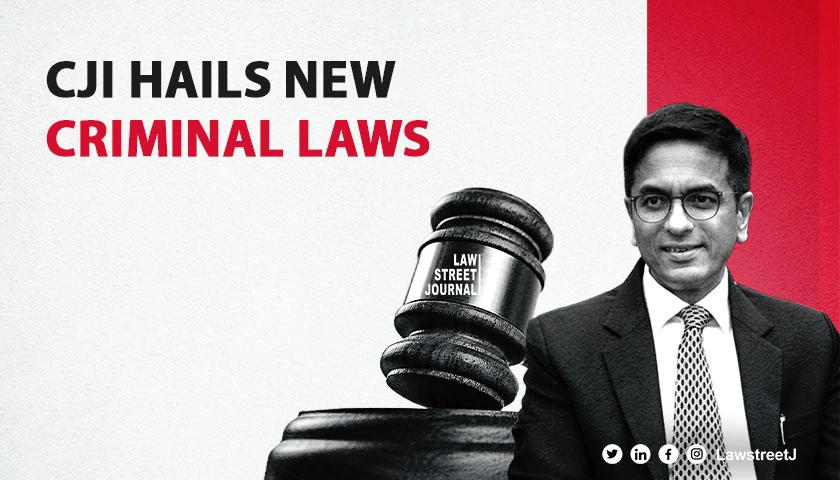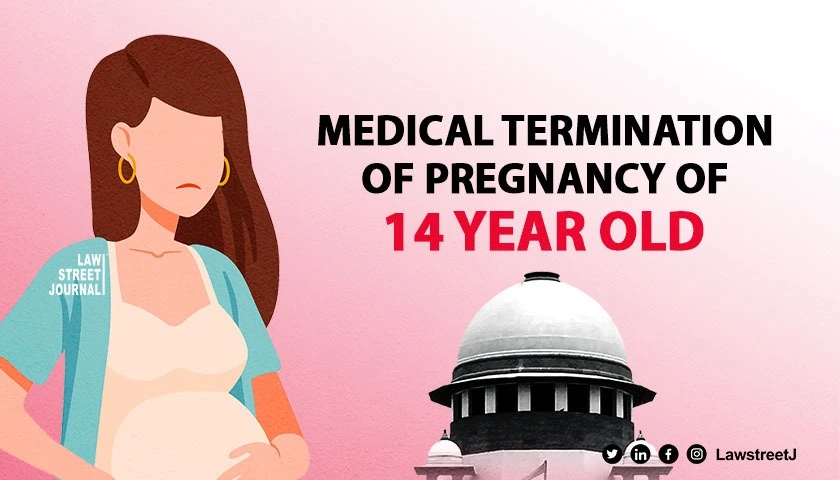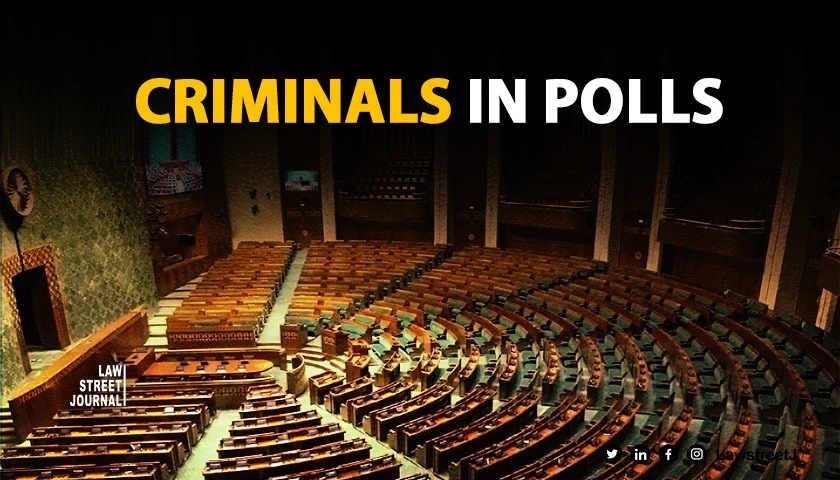The Delhi High Court on Monday (November 15, 2021) held that Section 3 of the Senior Citizens Act, 2007 cannot be deployed to override and nullify other protections in law particularly a women's "right to a shared household" under Section 17 of the Protection of Women from Domestic Violence Act (DV Act), 2005.
Justice Asha Menon added that the factual situation has to be assessed on a prima facie evaluation before directing the eviction of the daughter-in-law from what she describes as her 'shared household'.
The Court was dealing with a petition filed by a daughter in law challenging a Sessions Court order in a suit filed by her father in law again her for evicting of the matrimonial property. The Trial Court had vide impugned order dated 19th April, 2021 passed various directions on the application filed by the father in law under Section 19(1)(f) of the Protection of Women from Domestic Violence Act, 2005.
The Trial Court had directed the respondents to pay the petitioner two months' advance rental amount in order to enable her to take on rent a suitable accommodation for herself and also directed her to vacate the suit property within 40 days from the date of first payment.
It was the case of the petitioner that she and her husband were married in the year 1995, and she started living on the first floor of the suit premises since then. Thereafter the husband had filed a divorce petition in 2014. According to the petitioner, it was claimed that an effort was made to somehow throw her out of her matrimonial home.
It was thus argued on behalf of the petitioner that the trial court could not have directed her eviction from the suit premises, where she had been residing for about twenty years. It was also submitted that even if the suit premises belonged to the father-in-law, since it was a shared household, she could not be evicted without proper adjudication of facts.
"Significantly, it is for the learned Trial Court to determine the nature of relationship between the parties and to permit eviction, if the relationship was acrimonious. The learned Trial Court was also to ascertain, whether the daughter-in-law was residing in a joint family. This was to be during the subsistence of the matrimonial life. But the learned Trial Court has not dealt with these aspects at all as it felt bound to call for the application from the respondents and issue an eviction order forthwith. Important facts have been overlooked," the Court observed at the outset.
The Court also added that the judgment of the Supreme Court S. Vanitha vs The Deputy Commissioner needs to be taken into account by the Courts while balancing the rights of the daughter-in-law and the senior citizens.
Observing so, the Court said:
"Therefore, in the event of a composite dispute where the suit premises is a site of contestation between the two groups protected by the law, appropriately moulded reliefs qua both the sides ought to be granted. Section 3 of the Senior Citizens Act, 2007 cannot be deployed to override and nullify other protections in law particularly that of a women's "right to a shared household" under Section 17 of the DV Act."
"In other words, the fact situation had to be assessed at least on a prima facie evaluation before directing the eviction of the daughter-in-law from what she describes is her 'shared household'. It bears repetition that the Supreme Court has held that what constitutes a shared household is a matter of evidence," it further added.
On the facts of the case, the Court noted that the Trial Court had not come to a cogent conclusion that the relationship between the parties was acrimonious and that it had also overlooked the interim injunction which was still in force against the petitioner which she had clearly not violated.
Taking note of the fact that the Trial Court had not given thought to this question of shared household even perfunctorily, the Court said that there is an the obligation on the Trial Court to weigh all circumstances before directing eviction of the daughter-in-law being an onerous one has not been duly discharged.
"It cannot be overlooked that the impugned order was passed on 19th April, 2021 when Delhi was at the peak of the second wave of Covid-19. The hospitals were overflowing with patients and no family had remained untouched by the mayhem caused by the Covid-19 pandemic. Yet, it left the petitioner to search for herself and take some premises on rent," the Court said.
The Court also said that while jurisdiction under Article 227 cannot be exercised as if the Court is an Appellate Court, it was observed that in cases where the Trial Court overlooks significant facts and considers irrelevant facts, the High Court in its supervisory jurisdiction would interfere with a decision of a Trial Court, especially in the event the orders appear to be perverse and unreasonable.
"The directions issued to the petitioner to shift out to a rented accommodation were most unwarranted," the Court concluded.
Accordingly, the Court allowed the petition and set aside the impugned order.







